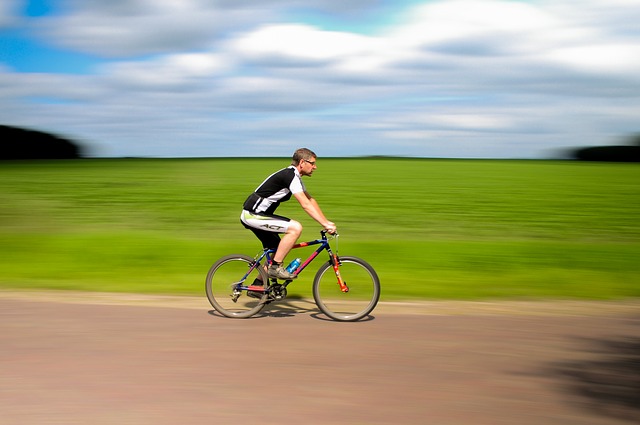Researchers have identified gardening as a great exercise for kids. This study involved 17 children who engaged in ten gardening tasks: digging, raking, weeding, mulching, hoeing, sowing seeds, harvesting, watering, mixing growing medium, and … [Read more...]
Exercise

Exercise Improves Brain Power
Recent research shows that aerobic exercise improves activity in certain areas of the brain as well as the connectivity of those structures. Researchers found that the more fit a person is, the stronger the connectivity in the brain and the better … [Read more...]
Yoga Good for Breast Cancer Patients
Breast cancer patients undergoing radiation may benefit from yoga. Investigators found a sharp decline in cortisol levels among breast cancer patients who practiced yoga. Cortisol is a stress hormone and increased cortisol levels are associated with … [Read more...]
Exercise: Good Reasons
Exercise reduces your anxiety level, helps control blood pressure in people with hypertension, and protects against "creeping obesity" (the slow, but steady weight gain that occurs as you age). Surgeon General's Report on Physical Activity and … [Read more...]
Runners Drinking Too Much?
50% of recreational runners may be drinking too much fluid during races. 37% of runners drink according to a preset schedule or to maintain a certain body weight and 9% drink as much as possible. Expert guidelines recommend runners drink only when … [Read more...]
Exercise: Forced Stress Relief
It’s known that physical exercise reduces a participant’s stress and anxiety levels. Interestingly, in a study setting, people who exercised even when they didn’t want to received the same anxiety and stress reducing benefits as those who actively … [Read more...]
Exercise: Does Eliminating Video Games Increase Physical Activity?
A three year study of Australian pre-teens replaced sedentary video games (played with a gamepad/joystick) with either active video games that require physical movement or no video games at all to see if either increased daily moderate or vigorous … [Read more...]
Exercise: Soccer and Diabetes
After three months of soccer training, the hearts of diabetic men appeared to be 10 years “younger”. On average, soccer training reduced the systolic and diastolic blood pressure by 8 mmHg. Maximal oxygen uptake was increased by 12% and that their … [Read more...]
Exercise: Pedometer Program
Using a pedometer to monitor how much people move during the day was effective at increasing activity and decreasing sitting time. In a 12-week program where participants wore a pedometer daily and received emails twice a week offering nutritional … [Read more...]
Exercise: Only 1 in 5 Adults…
Only 20% of American adults perform the recommended amount of exercise as outlined in federal guidelines. Adults should get at least two and a half hours each week of moderate intensity aerobic activity (like walking), or one hour and 15 minutes each … [Read more...]
Exercise: ‘Walkable’ Neighborhoods
Preschool children are less likely to be obese if they live in a neighborhood that is safe and within walking distance of parks and retail services. Pediatric Academic Society, May 2013 … [Read more...]
Exercise: Fibromyalgia and Exercise
For many people who have fibromyalgia, the thought of exercising is painful. However, a recent study shows that light to moderate exercise (light jogging or brisk walking for 20 minutes a day) over a prolonged period of time improves overall … [Read more...]
Exercise: It’s Not Too Late To Cut Heart Failure Risk!
In an eight year study, middle-aged participants drastically reduced their risk of heart failure up to 40% by increasing their cardiovascular fitness level. American Heart Association, May 2013 … [Read more...]
Exercise: Computer Exercises For Alzheimer’s Patients
A new technology using computer brain exercises may help Alzheimer's patients. The NeuroAD system has patients solve computer exercises ranging from identifying colors, shapes, and letters to solving memory games. Simultaneously, the very same … [Read more...]
